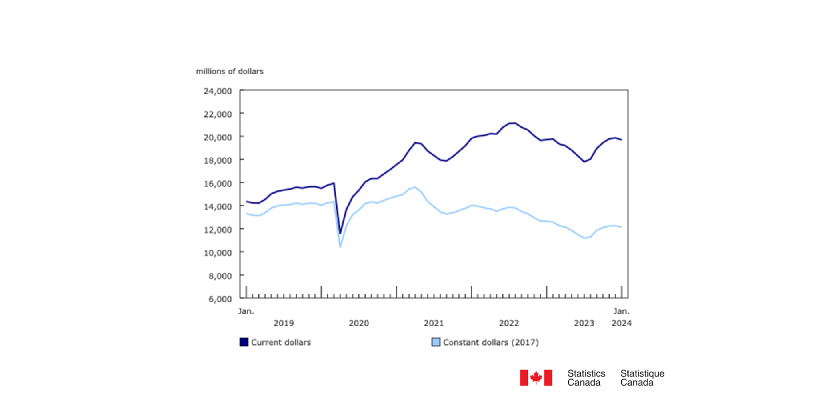Demonstration Projects aim to make Existing Homes Safer, More Energy Efficient, Less Polluting in BC

June 7, 2021
Pembina Institute joins B.C. Housing, Metro Vancouver Housing Corporation, City of Vancouver, B.C. Non-Profit Housing Association to issue request for proposals.
British Columbia’s design and construction community has a chance to contribute to next-generation housing retrofit solutions to make homes safer, more energy-efficient and less polluting, while reducing heating costs for residents.
The Pembina Institute, in partnership with the province through BC Housing, Metro Vancouver Housing, the City of Vancouver, and the BC Non-Profit Housing Association, is issuing requests for proposals for design teams to participate in the collaborative retrofit design initiative, called the Reframed Lab.
Click here for the BC Housing RFP. Proposal deadline is July 14, 2021.
The Metro Vancouver RFP will follow.
The initiative will include retrofit demonstration projects on multi-unit residential buildings in Kamloops, Coquitlam, New Westminster, North Vancouver, Victoria, and Vancouver.
The lab invites innovators from all areas of the construction sector, including architects, engineers, contractors, manufacturers and suppliers, to collaborate on creative approaches to integrated retrofit bundles for existing buildings. Selected teams will be invited to join a six-month exploration lab to learn from experts, share ideas and draw on peer insights.
Teams will create solutions for their assigned building with support from experts on climate change, energy and health that show next-generation retrofit solutions integrating energy efficiency with climate and seismic resilience, while dramatically reducing the buildings’ carbon pollution.
While the BC Building Code and Energy Step Code chart pathways for new homes in B.C. to be built with high energy performance standards, applicable requirements for existing buildings are not consistently enforced and exclude low-rise residential buildings. CleanBC commits the province to develop new regulations by 2024.
Building retrofits use local labour and resources, creating good, long-term jobs for people in the province and supporting growth of B.C.’s sustainable economy.
BC Housing is supporting the initiative with funding from the Capital Renewal Fund, a 10-year, $1.1-billion investment committed to preserve and improve B.C.’s 51,000 units of social housing. Metro Vancouver is leveraging its capital reserve funds to maximize benefits for the people living in the retrofit buildings.
This initiative has received $460,000 from the province’s CleanBC Building Innovation (CBBI) Fund. The CBBI Fund has provided $1.65 million to manufacturers, developers, builders and researchers for accelerating availability and affordability of highly efficient, advanced building designs, construction methods and technologies with minimal greenhouse gas emissions over their lifetime.
The City of Vancouver will be providing technical and regulatory guidance to help support this work, which helps advance the city’s climate goals and housing affordability. The cities of Kamloops, Coquitlam, New Westminster, North Vancouver, and Victoria are also all providing regulatory support to facilitate projects in their communities.
Go HERE for more information




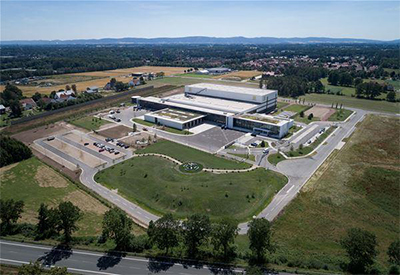
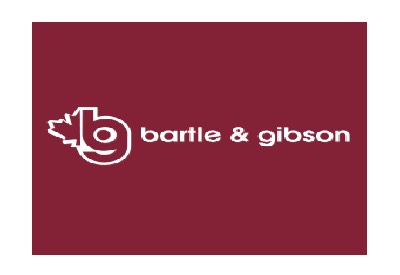
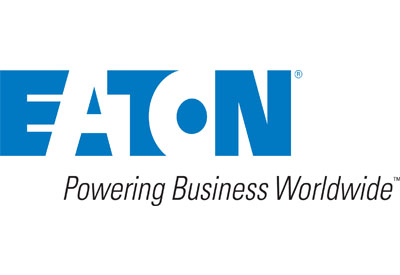


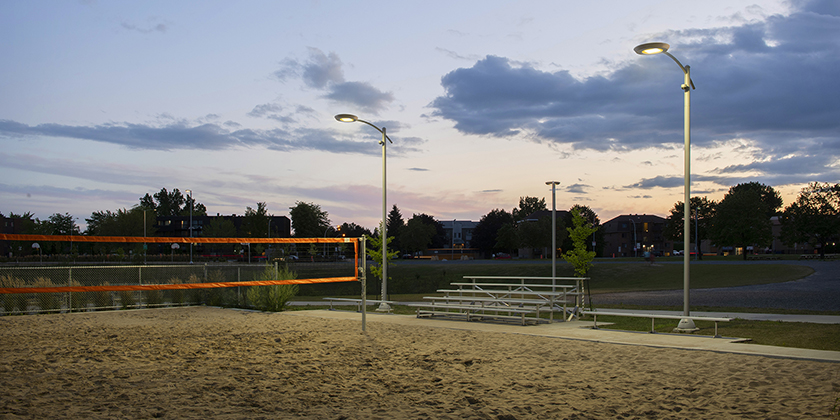
![Guide to the Canadian Electrical Code, Part 1[i], 26th Edition – A Road Map: Section 10 – Grounding and Bonding](https://electricalindustry.ca/wp-content/uploads/2022/11/Guide-CE-Code-2.png)
